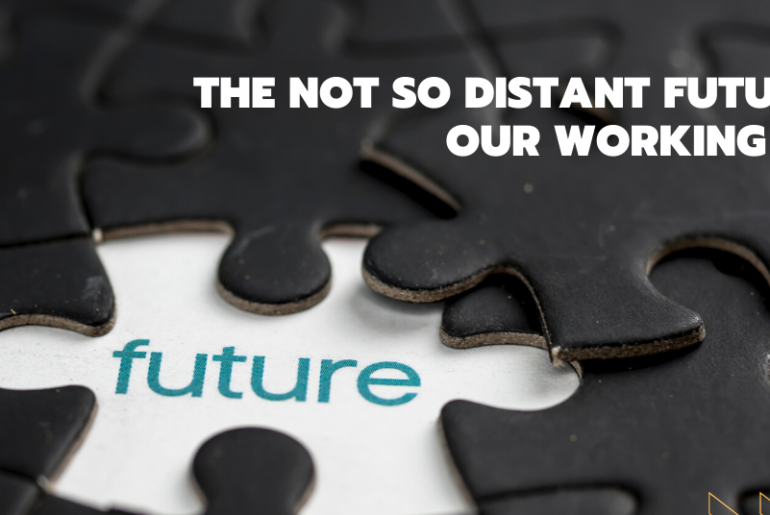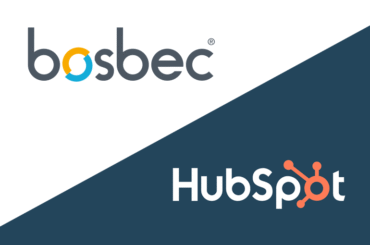Writing a blog from the perspective of an ongoing crisis is always a tricky task, since what we are predicting today may as well have been overturned by tomorrow with new security measures, lockdowns and events that will set the society of in a different trajectory – however, what we can do is to use the insights that we have amassed with the starting point of where we stand today. Slowly, gradually – and not without a slight tremble – businesses and borders are starting to reopen their doors to normal life and movement again. The turmoil and disruption to our business and working lives have been without measure and will have a clear impact on the years that lies ahead of us. Even if it’s easy to turn negative and blindsided by obstacles during hardship we will discuss the need to adapt a positive, open and agile mindset in your organisation to truly embrace the changes and turn it into something better. What have we learned today that we can take into the future?
In a previous blog post we were talking with the managing director of virtual communications agency Indaba, Lisa Shaddick. The agency decided to go fully remote after the financial crisis in 2007-2008, after having lost two retainer clients. A seemingly difficult situation where a potential bankruptcy was ominously hovering above was turned the other way when bold decisions and a willingness to change and adapt to their present situation made them come out stronger on the other side. After their decision to give up their office and live on virtually instead, twelve years later they are prospering. As it turns out, their hardship only pushed them into the frontline of the global digital development and are now in a position of which many other companies are striving towards; virtual, with established processes and with a team fully aware of how to do their jobs autonomously and seamlessly.
McKinsey and Company released a study that investigated the adoption of agile ways of work during the Covid and the difference between teams that had flexible procedures in place already before the crisis, and the teams that didn’t. One of their conclusions were that the companies with agile practices more deeply embedded in their organisational structure and operating models – that is process implementations made before the crisis – clearly outperformed their competitors. Agile businesses had a higher score on customer satisfaction, employee engagement and operational performance and were reporting that they could continue almost seamlessly after the first Covid wave hit that struck the economy, without any major setbacks in productivity. Realigning to updated priorities, quick reactions, faster decision making and traditional processes and bureaucracies set aside in favour of new and clearer priorities helped implementing an agility that made them deal with the crisis in a better way than their peers.
So, how to implement an agile business model? Mentality is key number one that unlocks the first door, and what the McKinsey study so clearly underlines are important set of checkpoints that will make the move go much faster – change your priorities, make them clearer and set your traditional processes aside if they no longer serve you to make room for new and beneficial structures that will take your organisation huge leaps further. Key number two is the technology that will empower that change. If your company chooses to continue on a – partly or fully – remote basis it may seem like a challenge to keep a whole team afloat and prospering from afar. From staffing and HR – you may not even meet your candidates until you need to hire one of them – to communication, to administrational tasks, delegation of day to day tasks and so on (and so on). What you need to remember is that there are an abundance of tools out there that will enable that agility – cloud-based, prebuilt, preconfigured systems but with the ability to be configured to your unique needs as an organisation. They are not even very difficult to manage – eradicating the need for expensive external consultancy or top tier knowledge within limited systems.
Change may seem hard but it’s also an open door to new opportunities and a better future. At Bosbec we want to help companies to truly embrace the digital journey that lies ahead with platforms and services that enable a smoother shift – from staffing, to crisis communication and with a platform that will allow you to build the right solutions to your business – quick, easy and cloud-based. For more information, visit the Bosbec website: www.bosbec.com.



